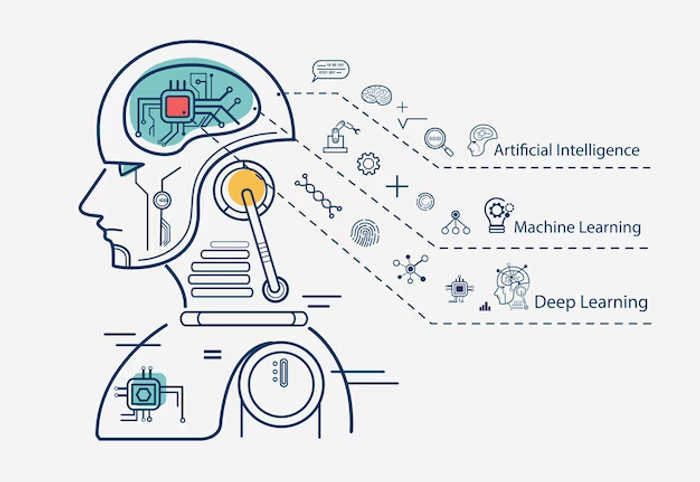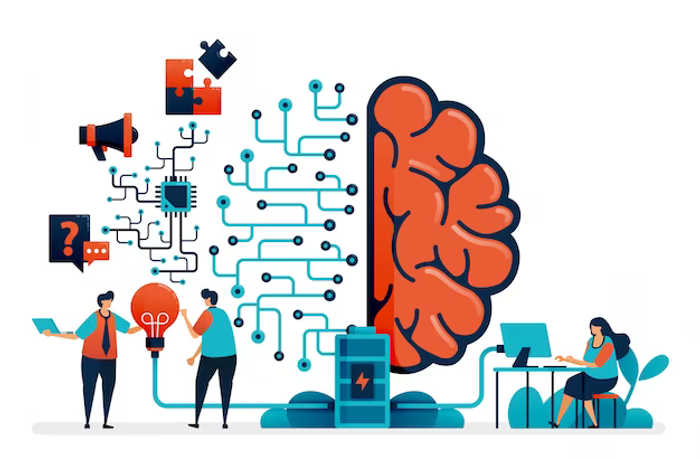Published 13:44 IST, December 25th 2023
Unveiling the uncharted territory: Six questions shaping the future of generative AI
As generative AI takes centre stage, reshaping the way we work, MIT Technology Review poses six pivotal questions that will shape AI's future.
- Tech
- 3 min read
Amid a digital revolution akin to the dot-com boom of 2000, generative AI is taking centre stage, reshaping the way we work, create, and even perceive reality. MIT Technology Review delves into the heart of this technological upheaval, posing six pivotal questions that will shape the trajectory of generative AI's future.
Will we ever mitigate the bias problem?

As generative AI becomes increasingly integrated into our daily lives, concerns about bias persist. The article highlights the inherent biases embedded in models trained on real-world data, discussing potential solutions such as synthetic data sets and algorithmic adjustments. The prediction suggests that while bias may persist, rising awareness and innovative workarounds could address the most blatant examples.
How will AI change the way we apply copyright?

A wave of class action lawsuits against tech giants for alleged copyright infringement brings attention to the evolving landscape of intellectual property rights in the age of generative AI. The article explores legal battles, protective measures introduced by companies, and the emergence of new licensing deals. Predictions foresee ongoing high-profile lawsuits but anticipate the development of new marketplaces and a dynamic interplay between companies and creators.
How will it change our jobs?

The integration of AI into white-collar professions sparks discussions about job displacement and the evolving nature of work. The article explores studies indicating increased performance when AI assists professionals, emphasising the potential for AI to streamline tasks, allowing individuals to focus on more fulfilling aspects of their roles. Predictions suggest fears of mass job losses may be exaggerated, but roles and skills will inevitably transform.
What misinformation will it make possible?

Generative models' ability to create realistic fake text and images raises concerns about the potential for misinformation overload. The article discusses the role of AI in producing persuasive propaganda and highlights efforts by governments, particularly the EU, to regulate and watermark AI-generated content. Predictions anticipate continued emergence of new forms of misuse, possibly involving electoral manipulation.
Will we come to grips with its costs?

The human and environmental costs of developing generative AI are brought to the forefront, with a focus on the labour conditions of workers and the significant energy requirements. The article discusses public awareness and the pressure on tech companies to address these concerns. Predictions foresee increased scrutiny and awareness but expect significant improvements to be a distant goal.
Will doomerism continue to dominate policymaking?

Doomerism, the fear of disastrous consequences from AI, becomes a divisive issue among AI luminaries. The article explores debates around existential risks, policy implications, and potential influences on regulatory frameworks. Predictions suggest a decline in fearmongering, but the impact on policymaking agendas may persist, with calls to refocus on immediate harms.
Conclusion: Searching for AI's Killer App
The article concludes by highlighting the lack of a definitive "killer app" for generative AI, paralleling the early days of the internet. The absence of a transformative use case raises questions about the sustained impact of AI applications. Predictions acknowledge ongoing experimentation and caution that, despite viral launches, some AI apps may face challenges in retaining user engagement.
As generative AI continues to reshape our digital landscape, these six questions serve as beacons guiding us through uncharted territory, urging stakeholders to grapple with the ethical, legal, and societal implications of this groundbreaking technology. The future unfolds, propelled by the unpredictable dynamics of generative AI.
Updated 14:17 IST, December 25th 2023